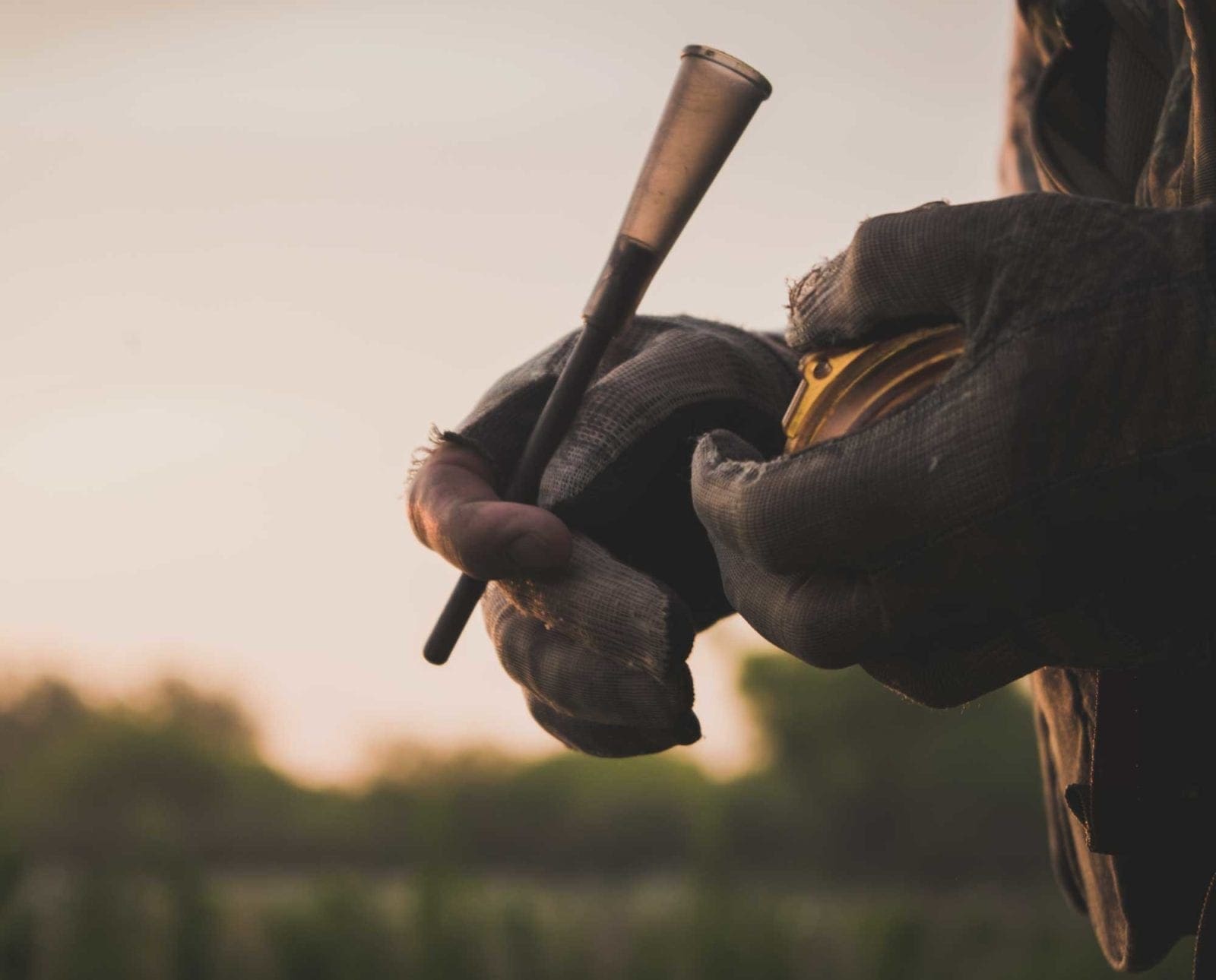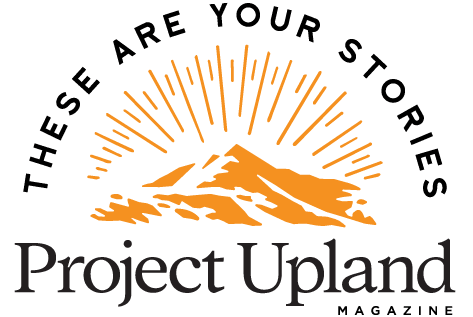Home » Turkey Hunting » I Only Use Pot Calls – A Seasoned Turkey Hunter Confession
I Only Use Pot Calls – A Seasoned Turkey Hunter Confession

A.J. DeRosa founded Project Upland in 2014 as an excuse…
Yes, you can be successful only using pot calls
There was a time when I counted every turkey I harvested like a point on some scorecard to determine when I achieved the status of “veteran” turkey hunter. That number now eludes me and I do not know why I stopped counting. Maybe, just maybe it was because after all these years I still only use pot calls.
There, I’ve said it. I tried mouth calls, box calls and every other turkey call under the sun. The diaphragm calls hinder my hunts more than help (frankly ’cause I suck at them). For whatever reason I just never found a box call I liked and felt more control with a pot call.
This begs the question: can someone become a good turkey hunter only using a pot call? The short answer is, yes. Many would agree that woodsmanship kills more turkeys than award-winning calls. Are there disadvantages to limiting ourselves to one style of call? I’m sure there are, but I don’t lose sleep or birds over it.
Variety doesn’t always mean different styles of calls
It’s no secret that a finicky tom may like one call over another. Why? Maybe it’s just personal taste, maybe it has something to do with behavior. When there are a wide array of calls available we have the chance to change our sound and hopefully please that picky bird. But a wide array of pot calls can have similar results to various mouth calls and other friction calls.
In my bag I always carry a double-sided call, one with glass and one with slate. I also carry two strikers, one acrylic and one wood. That’s a variety of four different sounds. For the most part those four sounds get the job done when a bird decides to play ball. My methods are often improved by using movement, like scratching the leaves and walking away from the bird and calling to add that extra element of reality.
When woodsmanship, not calls, harvests birds
Whether it’s hunting deer or even grouse, the lay of the land plays a huge roll in how successful we are. Turkey hunting is no exception. As a rule of thumb, we can learn where turkeys want to walk and where they will not. Understanding that and predicting their movement is part of woodsmanship. A solid plan built around predicting where that bird plans on going and how he is going to get there will result in harvesting far more turkeys than when depending on calls alone.
Clever methods like the “Turkey Retreat” proactively account for birds hanging up rather than trying a brute force of endless calling from a single position to get the job done. This is probably why I have never cared to hunt from a ground blind. Really, it comes down to relying on the behavior of the animal and its relationship with the woods to put meat in the freezer.
The disadvantages of using just pot calls
Now I am by no means advocating that people should only use a pot call. I am merely trying to empower those who, like myself, have never been able to get over the diaphragm call hurdle. There are certain moments when I wish I could let out one last soft purr to seal the deal, like when reaching for a pot call is off the table because of the movement itself. With time we learn how to work with what we have and hopefully put some free range meat on the table.
A.J. DeRosa founded Project Upland in 2014 as an excuse to go hunting more often (and it worked). A New England native, he grew up hunting and has spent over 35 years in pursuit of big and small game species across three continents. He has a passion for side-by-side shotguns, inspiring him to travel the world to meet the people and places from which they come. Looking to turn his passion into inspiration for others, AJ was first published in 2004 and went on to write his first book The Urban Deer Complex in 2014. He soon discovered a love for filmmaking, particularly the challenge of capturing ruffed grouse with a camera, which led to the award-winning Project Upland film series. AJ's love for all things wild has caused him to advocate on the federal and state levels to promote and expand conservation policy, habitat funding, and upland game bird awareness. He currently serves as the Strafford County New Hampshire Fish & Game Commissioner in order to give back to his community and to further the mission of the agency. When those hunting excuses are in play, you can find him wandering behind his Wirehaired Pointing Griffon in the mountains of New England and anywhere else the birds take them.





I’m with ya Brother!